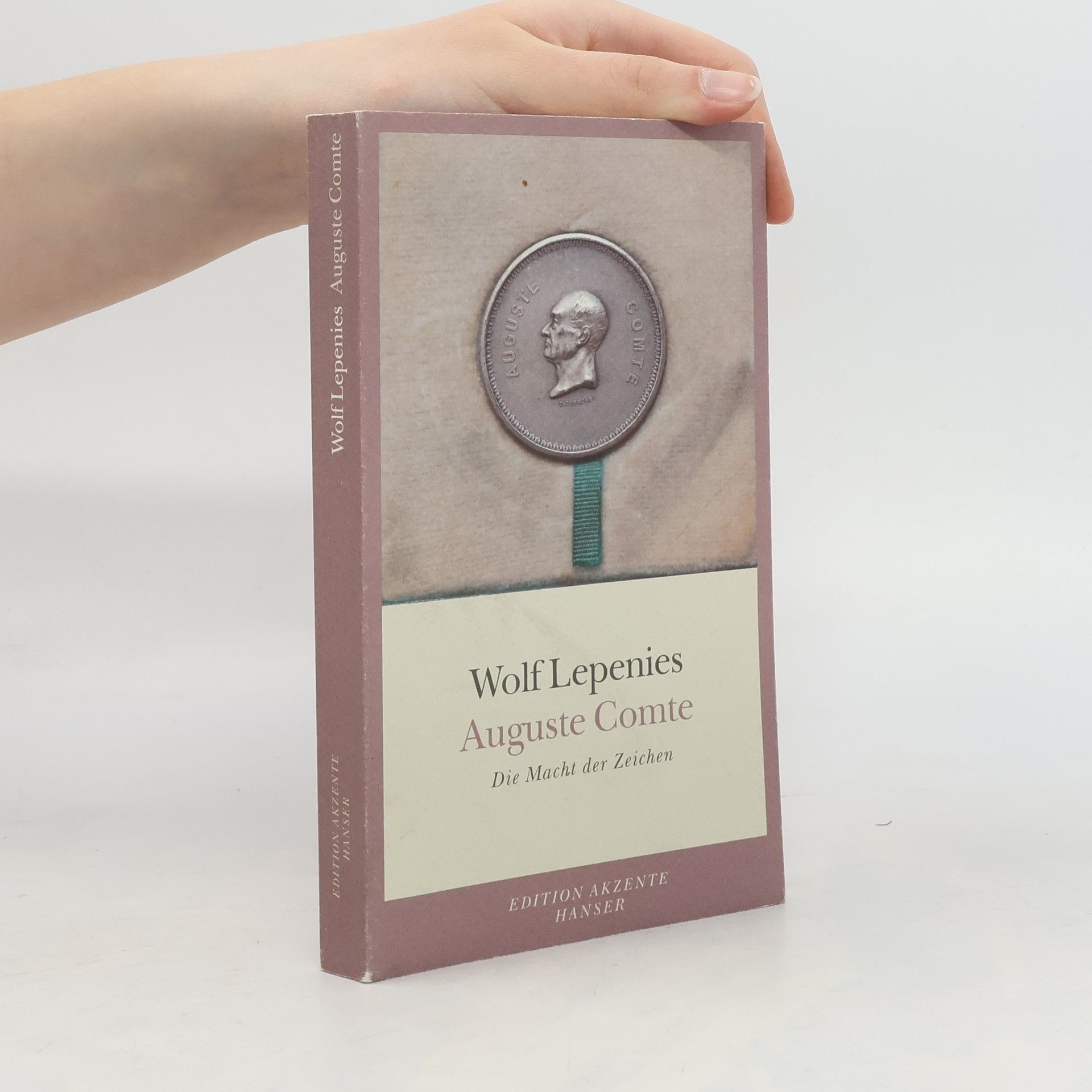Melancholie und Gesellschaft
- 336pagine
- 12 ore di lettura
Lepenies' Studie über Melancholie und Gesellschaft erschien zuerst 1969. Melancholie wird als sozial bedingtes Phänomen dargestellt - auch und gerade dort, wo melancholisches Verhalten als Gesellschaftsflucht erscheint. Die benutzten Quellen sind unterschiedlicher Natur: der Roman steht neben der Utopie, neben soziologischer Analyse der Aphorismus. Diese Disparatheit erzwingt der Gegenstand: weder Melancholie noch utopisches Denken und Langeweile lassen sich einer einzelnen Disziplin zuschlagen und in ihr verarbeiten.









